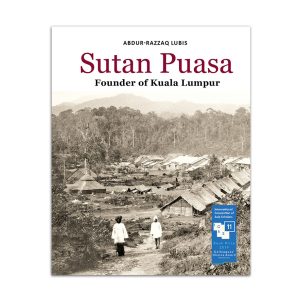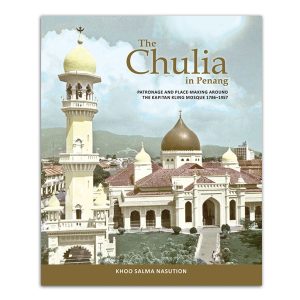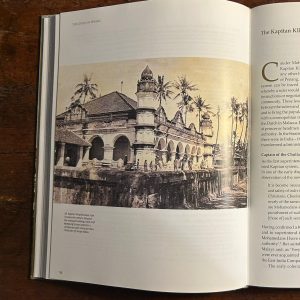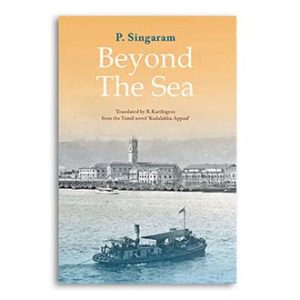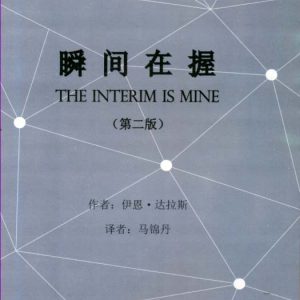Postcolonial literature in Chinese from the Nanyang, literally the South Seas, examines the history of Chinese migration, localization, and interethnic exchange in Southeast Asia, and offers a rich variety of approaches to identity.
In Writing the South Seas, Brian Bernards explores why Nanyang encounters, which have been neglected by most literary histories, should be seen as crucial to the national literatures of China and Southeast Asia. He shows how Nanyang, as a literary trope, has been deployed as a platform by mainland and overseas Chinese writers to rethink colonial and national paradigms. Through a collection of diverse voices—from modern Chinese writers like Xu Dishan, Yu Dafu and Lao She to postcolonial Southeast Asian authors from Singapore, Malaysia, and Thailand—writers such as Ng Kim Chew, Chia Joo Ming, Pan Yutong, Yeng Pway Ngon, Suchen Christine Lim, Praphatson Sewikun and Fang Siruo-Bernards demonstrates how the Nanyang imagination negotiates the boundaries of national literature as a meaningful postcolonial subject, and speaks to broader conversations in postcolonial and global literature. This book, written from the emerging field of Sinophone Studies, puts the literature of the region in a new light.
Bernards has written an important and fascinating book on the trope of the Nanyang, or South Seas. in modern Chinese and Southeast Asian literatures. He challenges traditional notions of canon formation and national literatures, and offers an engaging account of the hybrid cultural forms produced through the intercultural encounters of the Nanyang. – Emmi Teng, author of Eurasian: Mixed Identities in the United States, China, and Hong Kong, 1842–1943
Writing the South Seas is a most fascinating inquiry into the institutionalization and dissemination of overseas modern Chinese-language literature in Southeast Asia from the early modern era to the present day. David Der-wei Wang, author of The Lyrical in Epic Time: Chinese Intellectuals and Artists Through the 1949 Crisis.



